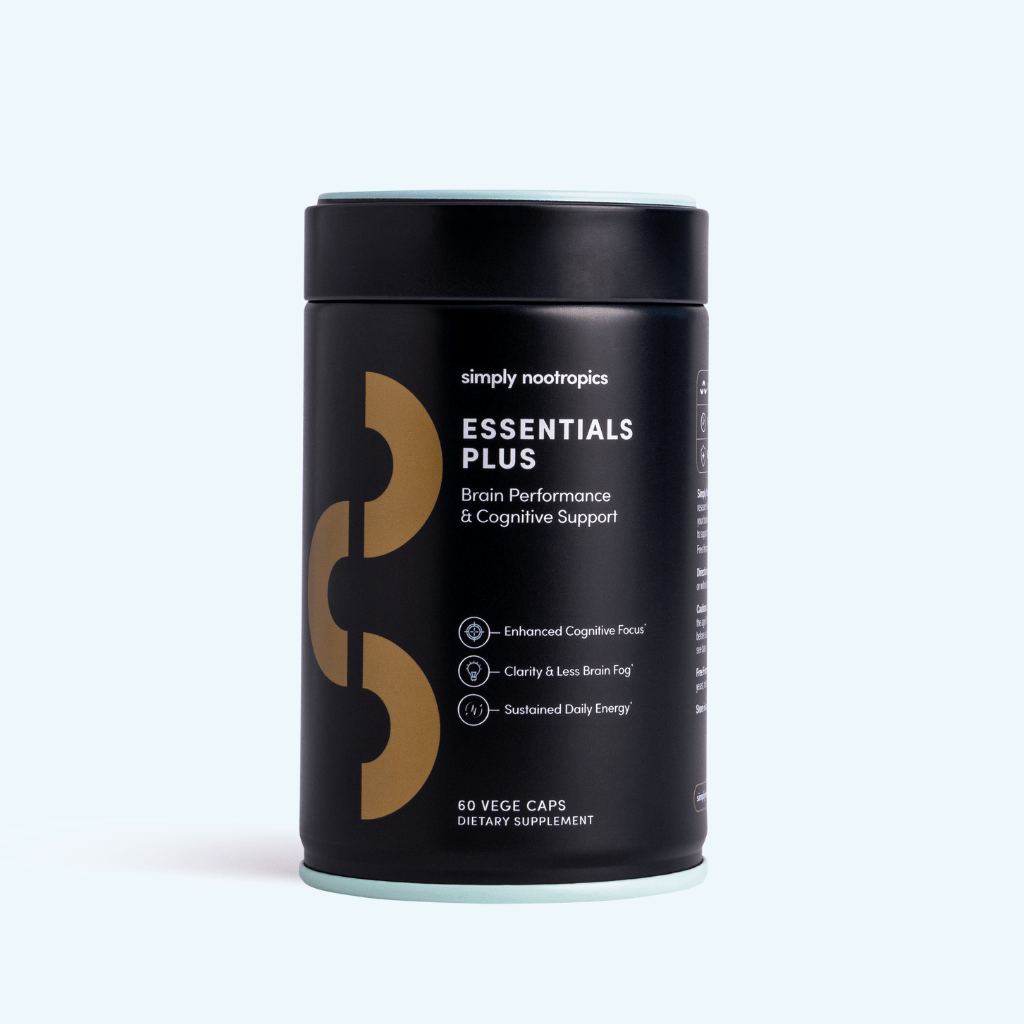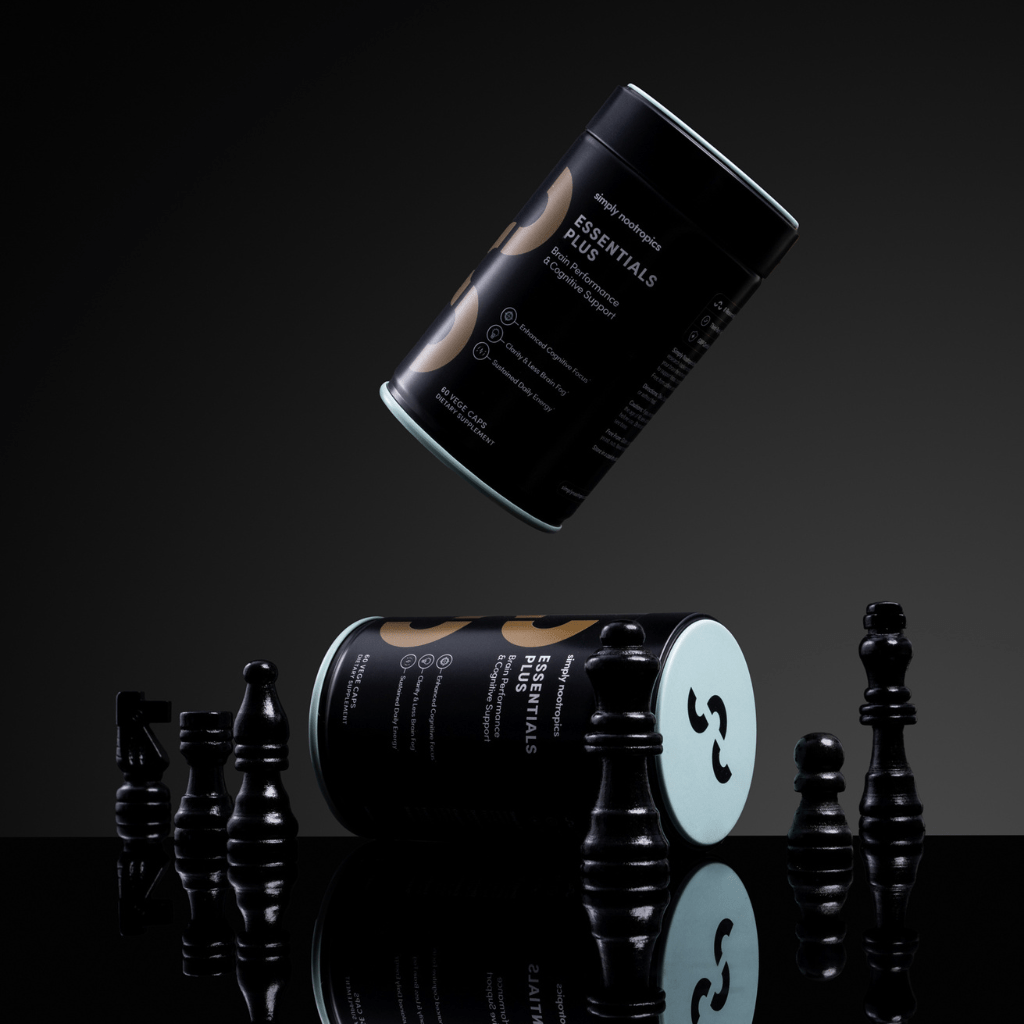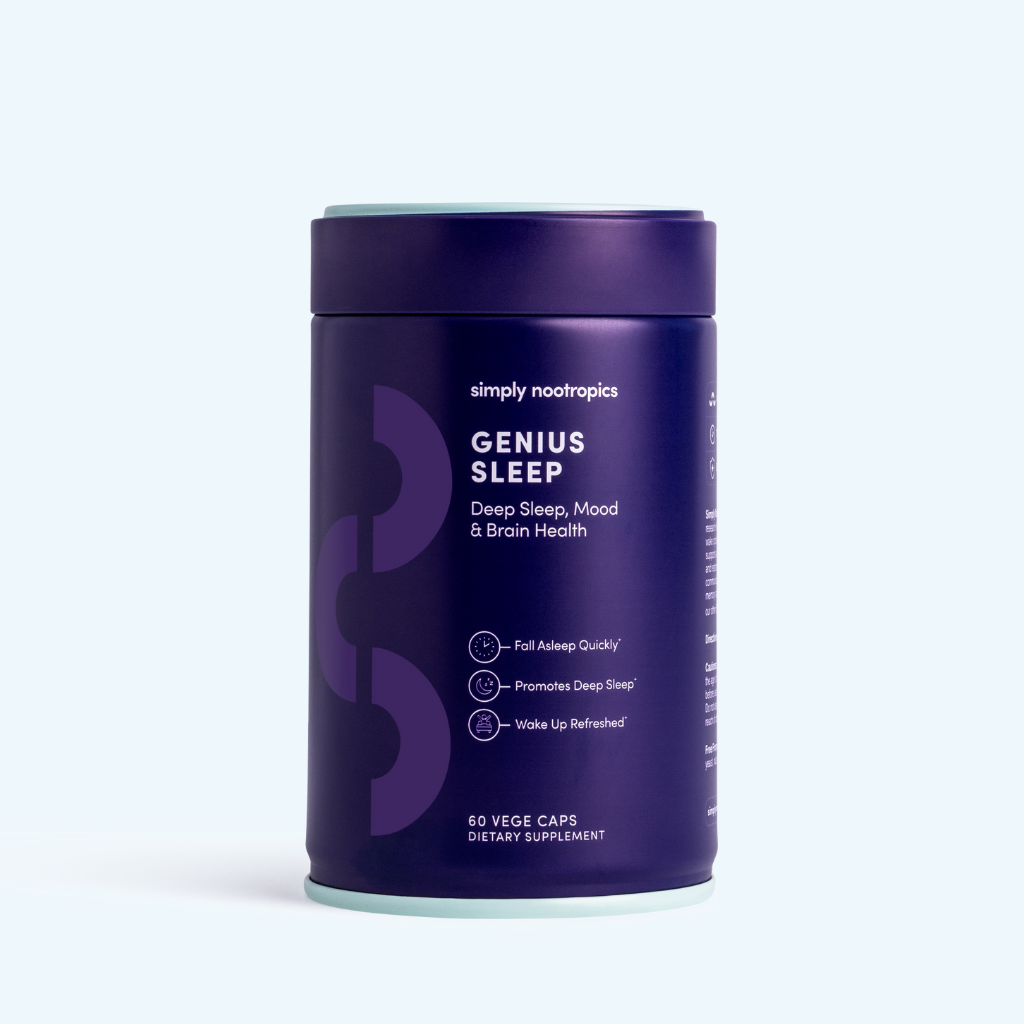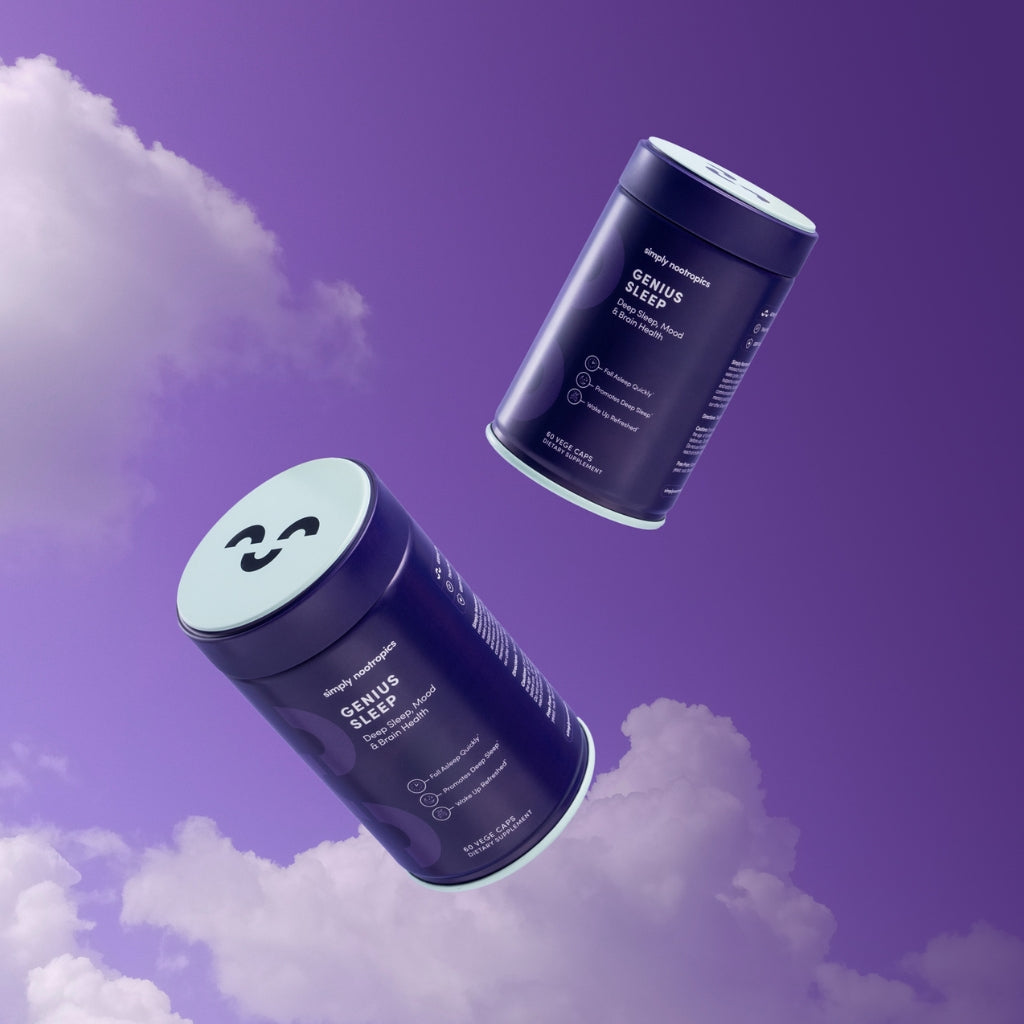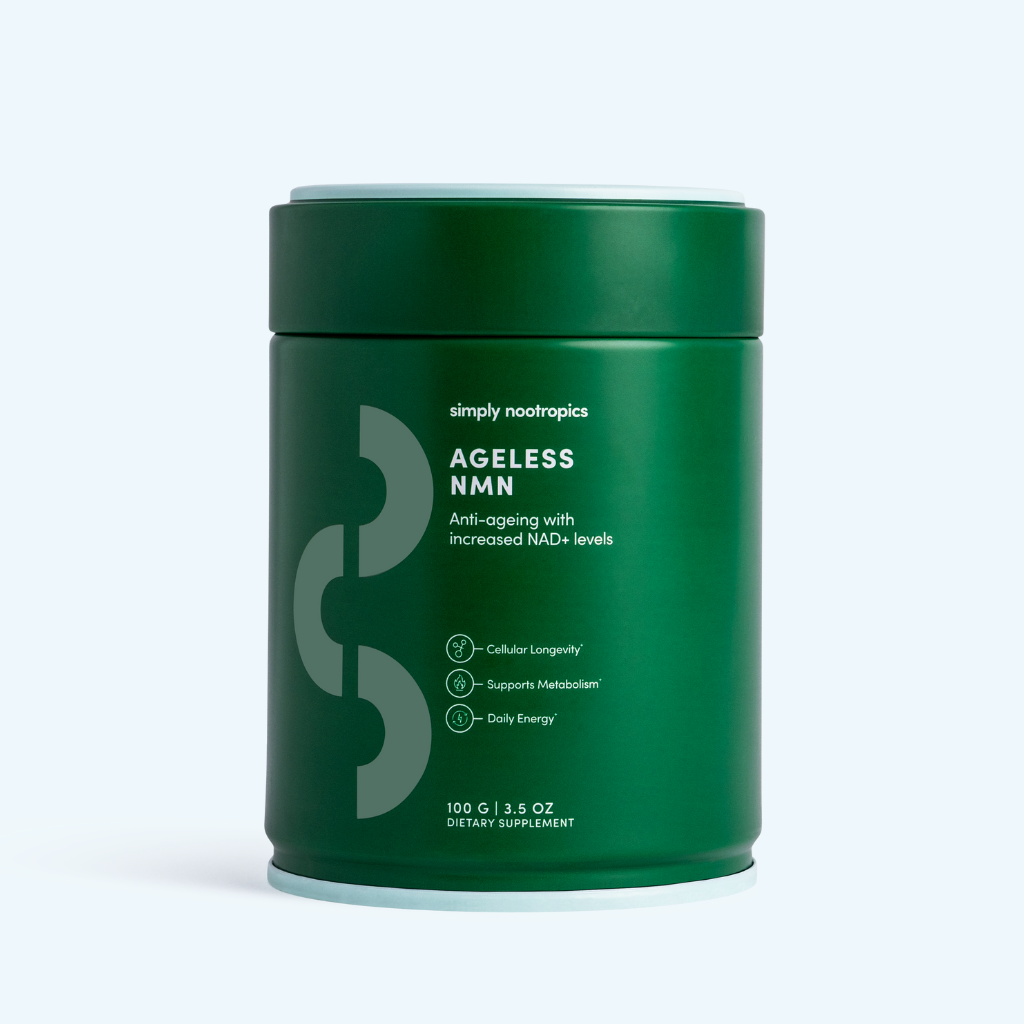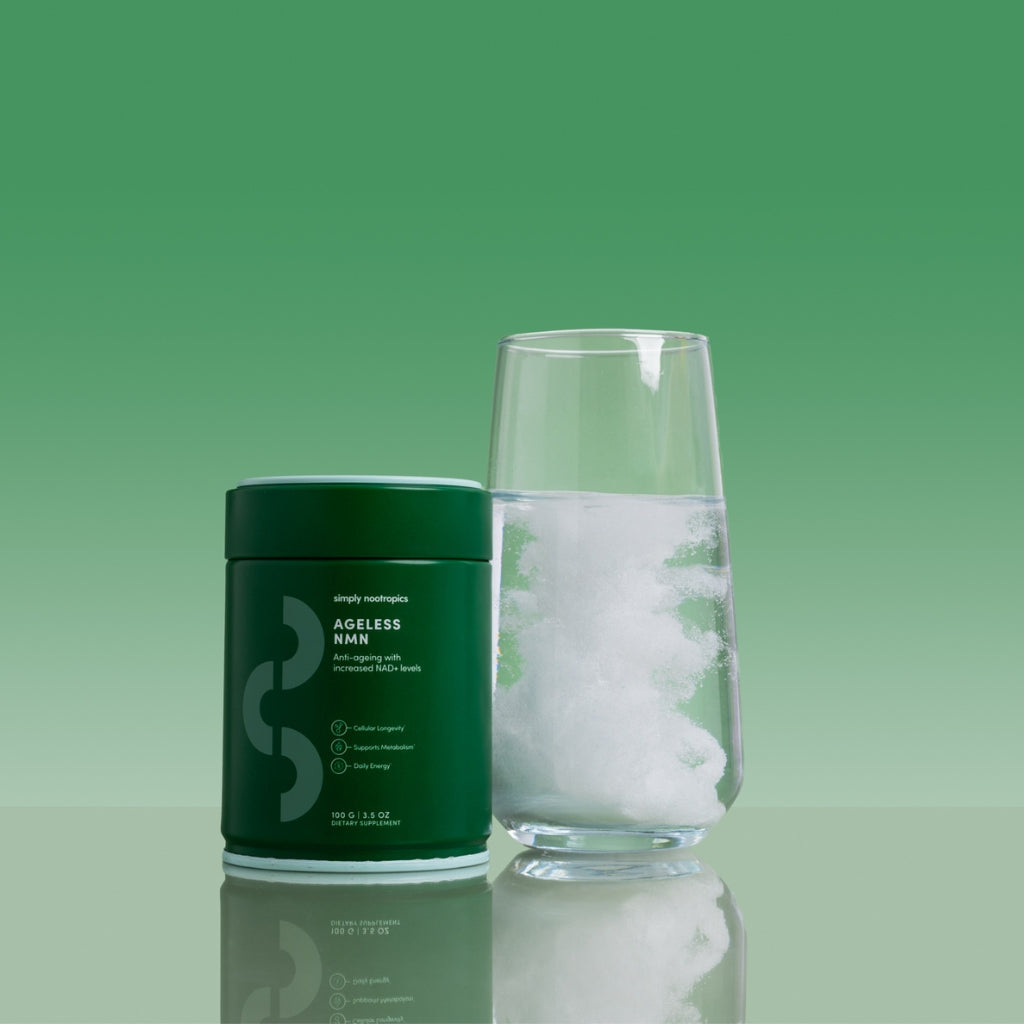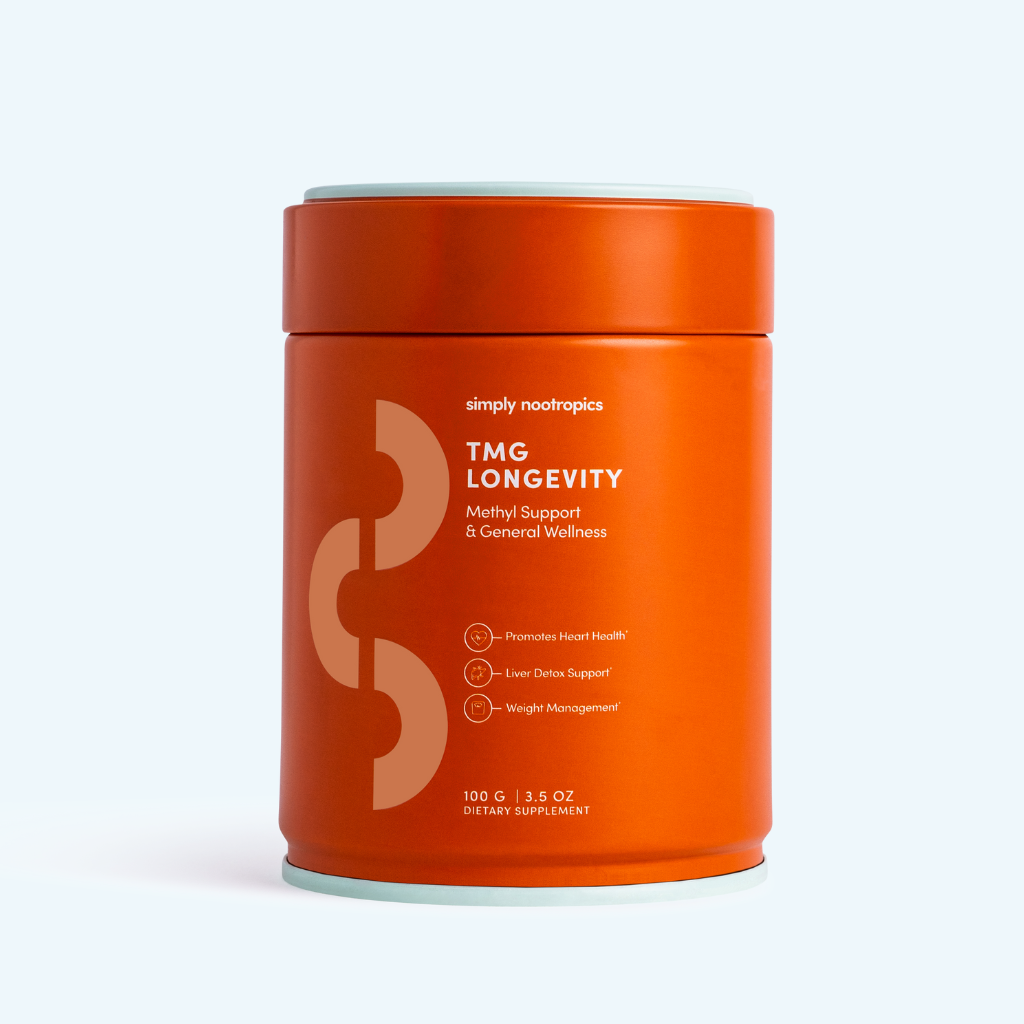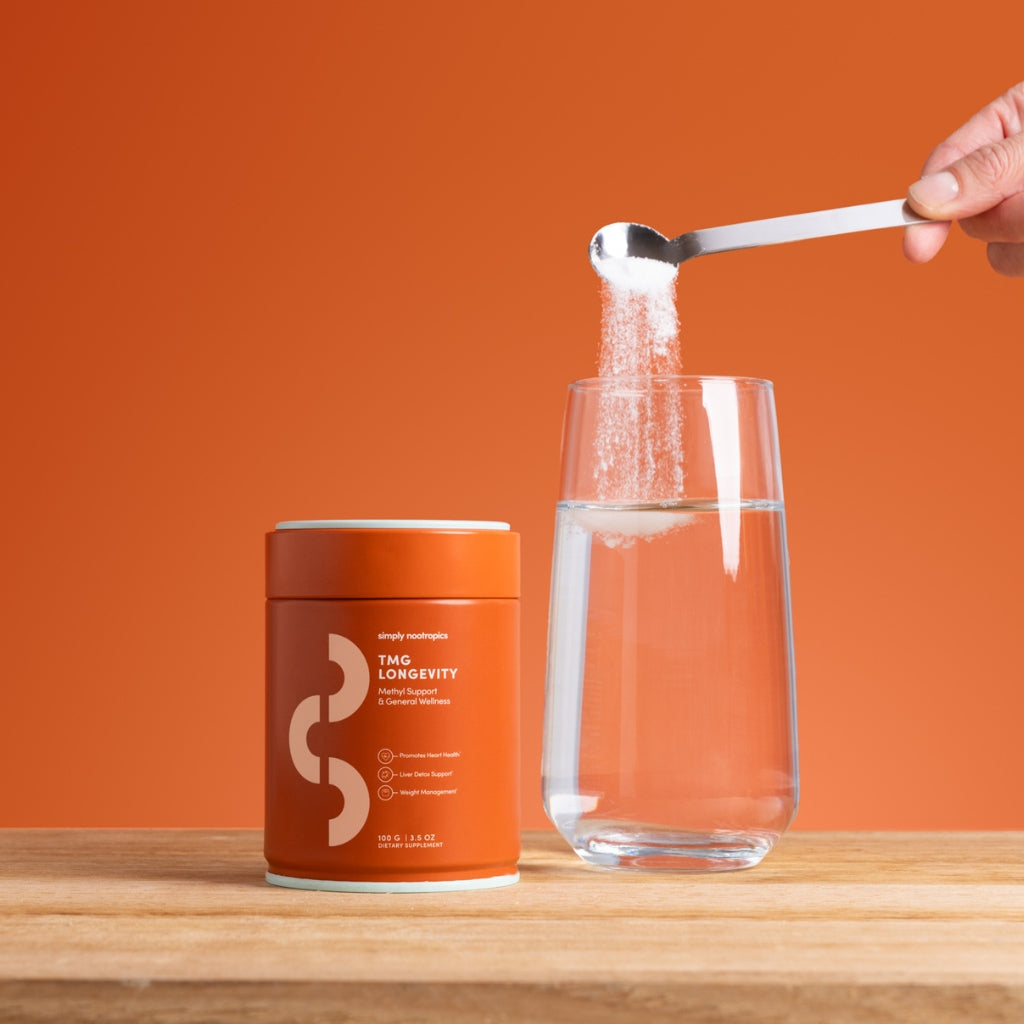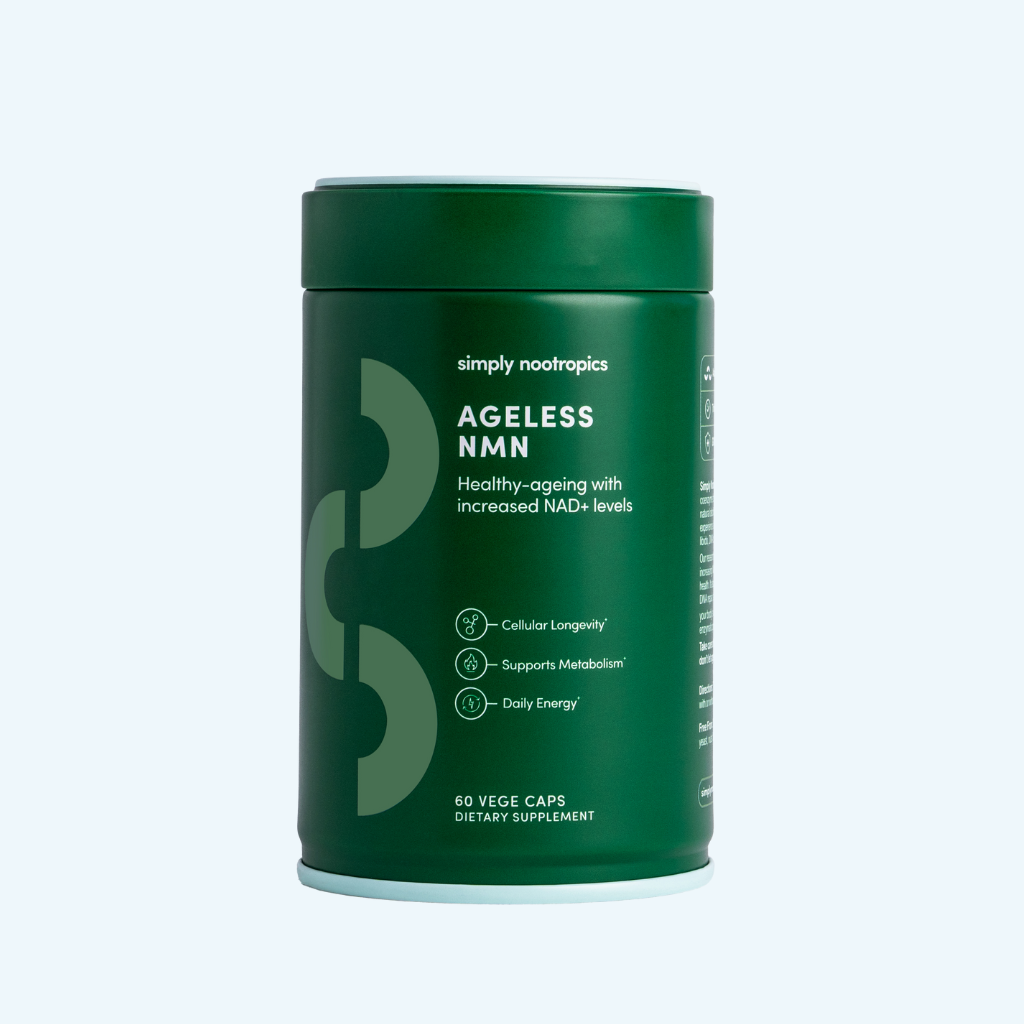We rarely think about light as something that could affect our brain, unless it’s a glaring headache-inducing bulb or the harsh blue glow of a phone screen at midnight. But the truth is, modern lighting is doing far more to our minds than we realise.
The human brain evolved with sunlight, firelight, and darkness. Today, it’s surrounded by LEDs, late-night Netflix, and 2 a.m. scrolling habits. That shift has real consequences, not just for sleep, but for mental clarity, mood, and long-term brain health.
The Strain of Modern Light
In the last century, we’ve gone from relying on natural light to being immersed in artificial light for most of our waking (and supposed-to-be-sleeping) hours. What’s the issue? It all comes down to blue light.
Blue light is naturally present in sunlight and plays a role in keeping us alert during the day. But the intense, constant exposure we now get from phones, laptops, LED lighting, and TVs has taken it too far. Blue light suppresses melatonin, the hormone that tells your body it’s time to wind down and sleep. Even small amounts at the wrong time of day can confuse your internal clock, what scientists call your circadian rhythm.
When that rhythm is out of sync, your brain isn’t operating in the right gear. You may find it harder to focus during the day, feel flat or irritable, and struggle to wind down at night. Over time, this creates a loop: light leads to poor sleep, poor sleep leads to poor brain function, poor function leads to more stimulation, and the cycle continues.
Your Brain After Dark
Light has a direct line to your brain’s clock via specialised cells in your eyes. When these cells detect blue light, they signal your suprachiasmatic nucleus (SCN), your master circadian controller, to stay awake. That might be helpful during daylight hours, but at night, it’s the last thing your brain needs.
Disrupted circadian rhythms have been linked to:
-
Poor memory consolidation
-
Increased anxiety and irritability
-
Reduced reaction time and executive function
-
Chronic fatigue
-
Increased risk of neurodegenerative diseases
Even if you’re technically “getting enough sleep,” exposure to artificial light in the evening can fragment sleep quality, reducing deep sleep and REM, when key brain restoration processes take place.
Why This Matters for Long-Term Brain Health
Beyond sleep and mood, disrupted light exposure has broader implications for brain ageing. Studies have linked circadian misalignment to increased inflammation, impaired glymphatic clearance (the brain’s waste removal system), and a higher risk of neurodegenerative conditions like Alzheimer’s. At night, your brain performs essential maintenance tasks, like clearing out metabolic byproducts, consolidating memory, and repairing cellular damage. But these processes depend on a stable rhythm. When light exposure tells your brain it’s daytime at 10pm, that maintenance gets interrupted. Over time, this can quietly erode cognitive resilience.
What’s more, chronic overstimulation from screens and artificial light keeps the brain in a semi-alert state, reducing the depth and restorative power of each sleep cycle. This doesn’t just make you tired—it subtly impairs your ability to learn, adapt, and recover under stress.
Light may seem like a small thing, but for your brain, it’s a primary environmental signal. When that signal is distorted, everything else can fall out of sync.
Signs Light Disruption Is Affecting You
Not sure if this applies to you? Here are a few subtle (and not-so-subtle) signs that modern lighting is interfering with your brain’s ability to reset:
-
You feel alert at night but groggy in the morning
-
You struggle to fall asleep even after a long day
-
You wake up tired despite 7+ hours of sleep
-
You get an afternoon slump that hits harder than it should
-
You need screens to unwind, but feel more wired afterward
-
You notice dips in focus, memory, or patience during the day
If any of this sounds familiar, your brain might be stuck in a loop of overstimulation and poor recovery. The good news? Small changes to your light exposure, and your daily habits, can make a big difference.
Light Hygiene That Actually Helps
“Sleep hygiene” advice often focuses on the obvious: no caffeine after 3pm, keep a bedtime routine, avoid late-night emails. But what you see, literally, plays a critical role too.
Here are a few science-backed ways to reduce the cognitive burden of modern light:
-
Get natural light early: Morning sun exposure anchors your circadian rhythm and boosts daytime alertness.
-
Use warm lighting after sunset: Dim, amber or red-toned bulbs reduce blue light exposure at night.
-
Switch devices to night mode: Most phones and laptops now have this feature built-in.
-
Wear blue light blocking glasses: Especially useful if you’re working or watching at night.
-
Avoid screens 1 hour before bed: Let your brain shift into low-stimulation mode.
But sometimes, behavioural changes aren’t enough, especially when you’re already in a disrupted rhythm. But targeted nutritional support can help.
Nutritional Support for Light-Stressed Brains
When your brain is overstimulated and sleep is off-track, a few key nutrients can help calm the system, improve recovery, and restore a healthy rhythm.
-
Reishi mushroom – Traditionally used for stress and immune support, modern studies show reishi may help calm the nervous system and support deeper sleep. It’s also rich in compounds that protect neurons from oxidative stress.
-
L-theanine – Found in green tea, L-theanine helps reduce mental overstimulation without causing drowsiness. It promotes alpha brain waves associated with calm focus, helpful if your brain is in constant “alert” mode.
-
L-tryptophan – An amino acid precursor to serotonin and melatonin. Supplementing it in the evening may help your body rebuild its natural sleep-wake signalling.
-
Magnesium bisglycinate – A highly absorbable form of magnesium that calms the nervous system, supports muscle relaxation, and may ease restless sleep.
Together, these nutrients don’t just knock you out, they help re-establish the signals your body needs to naturally wind down, fall asleep, and stay asleep. When sleep quality improves, so does focus, mood, and overall resilience to overstimulation.
If you’re looking for something that supports calm focus during the day and a smooth wind-down at night, Genius Sleep is formulated for exactly that.
It combines:
-
Reishi mushroom extract
-
L-theanine
-
L-tryptophan
-
Magnesium bisglycinate
-
Tart cherry + passionflower
-
Plus zinc to support memory and neurotransmitter health
Designed to gently support your brain’s natural rhythm, no grogginess, no knock-out effect, just better sleep, better mornings, and sharper days. Use Genius Sleep consistently, especially as you shift your light habits, and your brain will thank you.



